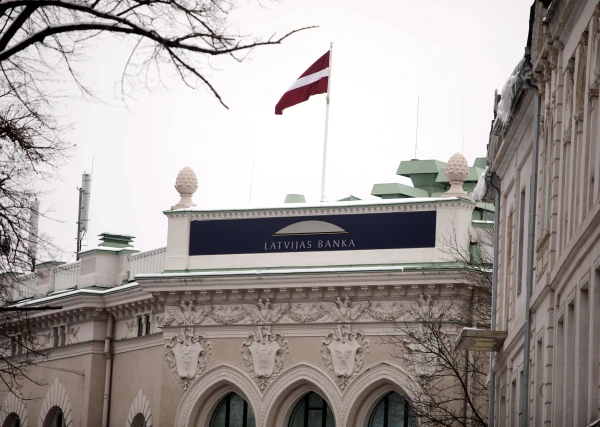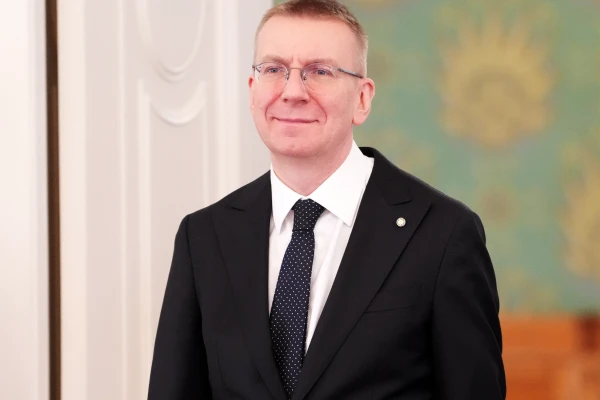
The economist of the Bank of Latvia paints an optimistic picture.
Lending has become more willing. What could this mean?
This year, lending has significantly intensified – the balance of loans issued to enterprises has substantially increased, and activity in the housing loan sector continues to grow – in addition to relatively high activity in revising previously issued mortgage loans to households in July and August, a record volume of new housing loans has been issued. At the same time, interest rates on new housing loans are much closer to the average rate in the Eurozone, allowing mortgage lending in Latvia to thrive. This optimistic picture is painted on the Bank of Latvia (BL) website makroekonomika.lv by BL economist Matiss Miroshnikovs.
The balance of loans to households in August increased by 8.9% (compared to August last year) and amounted to €6.6 billion. The balance of loans issued to enterprises grew by 18.6% over the year, reaching €6.4 billion. For households, the balance of housing loans increased significantly – by 8.6% compared to August last year – marking the fastest growth in mortgage lending in Latvia for a long time. The volume of newly issued mortgage loans in July and August was record-breaking. This is explained by both attractive interest rates (not only a lower EURIBOR but also smaller added rates from banks) and more active competition among banks. During the summer, residents continued to refinance their mortgage loans – although the activity in revising was slightly lower than in spring, it remained quite significant. The growth of the balance of consumer loans has slowed somewhat (11.6% in August compared to August last year). In enterprise lending, growth in Latvia this year has been one of the fastest among Eurozone countries – increases were observed in various sectors, such as energy, manufacturing, real estate, etc., and the volumes of both long-term and short-term loans grew. Deposits from households and non-financial enterprises continue to rise. The growth rate of household deposit balances has remained just below 10% for several consecutive months, increasing by 9.8% in August to €11.7 billion.
Deposits from non-financial enterprises have been more unstable – after a decline in May, they recovered by August, amounting to nearly €7.5 billion (4.1% more than last year).
In the second quarter, the ratio of loans to gross domestic product (GDP) significantly improved, reaching 30.3% of GDP, and this figure is expected to continue increasing this year, as the growth rate of lending is currently significantly outpacing the growth of the national economy. The significant increase in loans issued to enterprises raises hopes that economic growth may accelerate slightly.
















Leave a comment